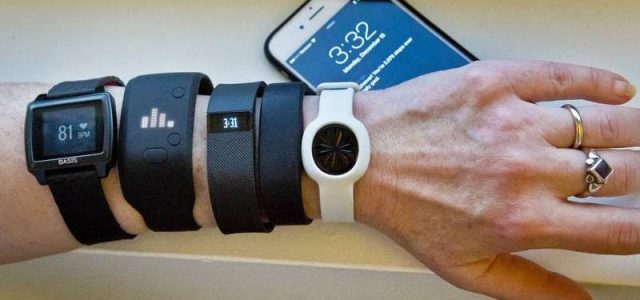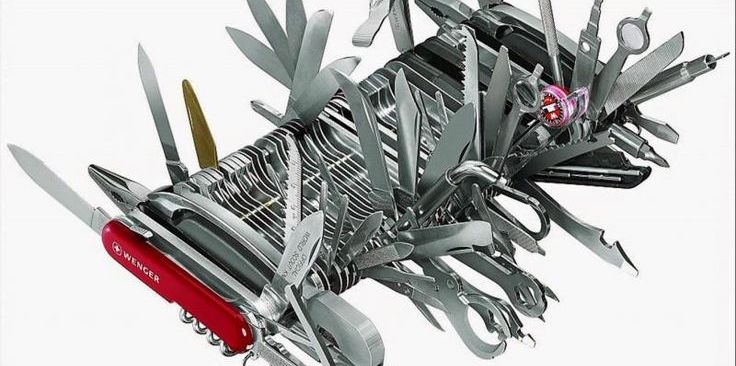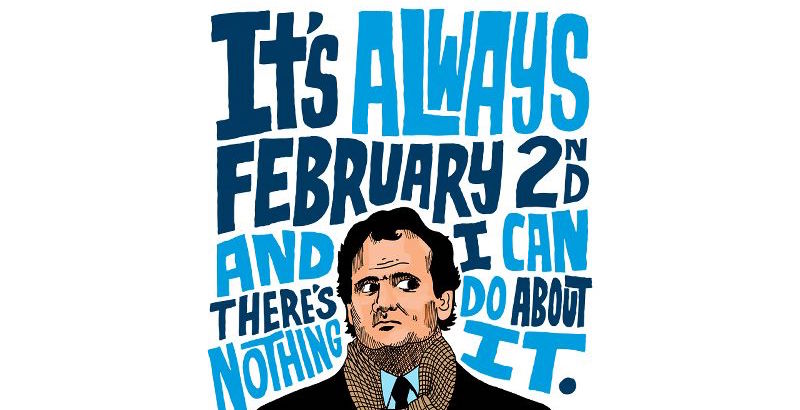
After all the research, you finally landed on the perfect fitness tracker for you. It’s was your favorite color. It was supposed to track everything. Everybody was supposed to envy your new accessory and the subsequent results, but something went wrong.
Don’t feel bad or do, but don’t waste too much time feeling bad. That’s not gonna help either. The problem is as much the tracker itself as it is you, but there is something you can do about it. Fitness trackers, for all of their popularity, are just tools—flawed tools at that. Wearing one doesn’t change your habits around food intake or fitness.
It’s Just a Tool
While building contractors have welcomed many advancements in tools over the years, they will tell you, no single tool the project makes.
Completion of any project is a mixture of the right plan, good tools, and good old-fashioned effort. Fitness goals are the same. You gotta have a plan, which starts with your goal. If you don’t identify a clear goal, then you can’t make a plan. Plain and simple.
You fitness tracker might have been a helpful tool in the execution of your plan if it were accurate, but even some of the best trackers suffer accuracy issues.
In a recent poll, conducted by the MEMS & Sensors Industry Group and Valencell, 37% of users stopped wearing their trackers over accuracy issues. That data doesn’t account for the number of users who kept wearing their device not knowing it was inaccurate.
This is like using a hammer made of styrofoam. The very thing fitness trackers need to be is accurate.
Data Doesn’t Change Habits
Even in the face of the best data, it may not have mattered.
Knowledge is power, like warheads. Neither are worth much of anything if not deployed. A hypothetical, pin-point accurate fitness tracker with loads of super clear health data can not spur you to change your habits.
As creatures, humans are nearly 100% habitual behavior. Changing those habits is extremely difficult. Some would argue that it doesn’t happen unless the individual suffers some kind of traumatic loss.
Perhaps your tracker experience wasn’t what you expected because you haven’t suffered enough trauma regarding your health.
You’re Not Tracking Your Intake
While we are possibly close to a wearable that tracks intake, we ain’t there yet, baby. You still gotta track what you eat. You gotta track what you eat. You gotta track what you eat.
Yeah, you just read that three times. It’s that important.
The activity nearly all health trackers monitor is your expenditure, the ways you move. Movement is generally characterized as half the health equation, the other half being intake [read: food] but the split isn’t quite fifty-fifty.
Because it’s much easier to consume calories than expend them, food takes a much larger role. It’s more like seventy-thirty, or even eighty-twenty. In fact, if you’re not tracking your food, it’s more like 100% of the equation.
You will have to make changes to your intake if you want to make changes to your body.
You’re Not Doing Anything Different
[Insert: face in palm].
Like the people who join gyms thinking there is something “healthy” in the air, you thought your wearable was magic. Wearing it would bring all of your health goals into precision focus.
The point of your fitness tracker is to help you collect data on your body so you can make different choices.
What most people discover is they are burning far fewer calories than they previously assumed. They’re walking way less. If they are tracking their food, they often find they are consuming way more calories than they thought.
Knowing these things, but doing nothing different is one definition of insanity. You’re doing the same thing expecting different results.
So, yes, it could be your tracker. It could also be you, but it’s probably both. Let’s not so much blame the tracker or throw it out with the bathwater, let’s get more specific about how to use it.
Go back to the drawing board to identify a goal you can live with.
Most will rush into weight loss goals, but maybe a better goal is behavioral. Start with goals to workout x-number of days per week. Do that for 30-90 days, then consider strength or performance goals. Work on physique later when your habit is strong.
To keep your habit, reward yourself after workouts with something you really like, even if it’s a square (not a bar) of dark chocolate. It will help cement your habit.
Lastly, remember that your tracker is a baseline, not an absolute. Look for trends, then respond with your behavior.
Just, don’t give up now.




